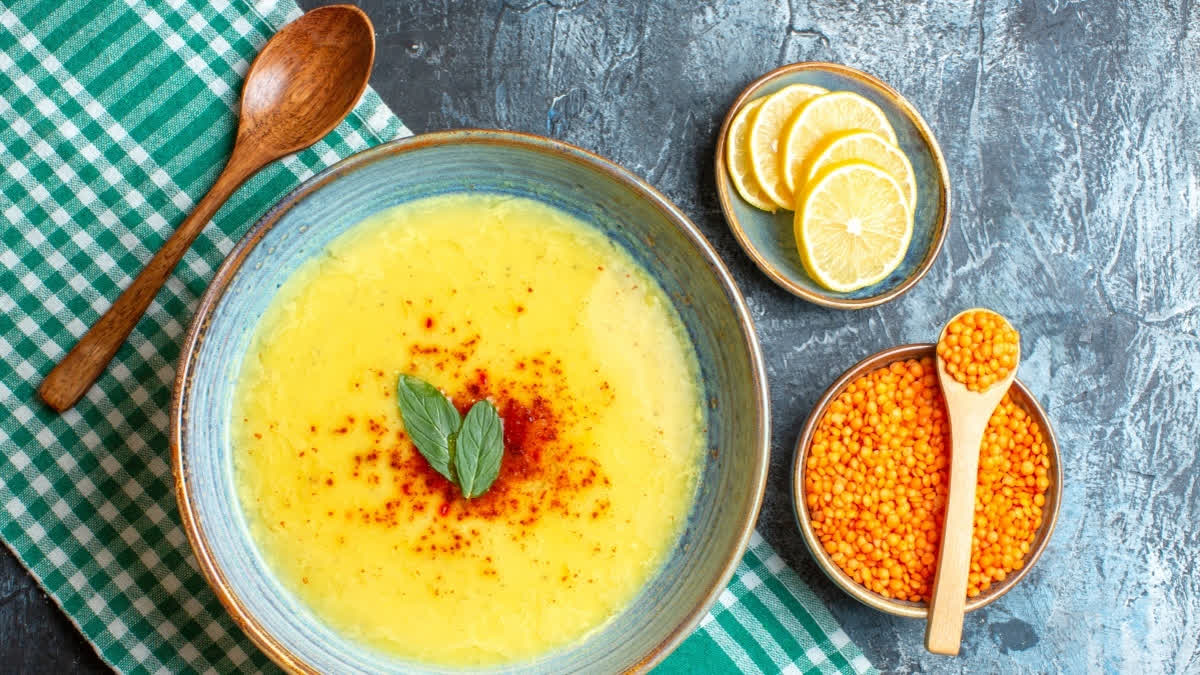You may not like to eat anything when we have flue or seasonal sickness. It is also likely that you have reduced appetite. But, it's essential to get the right amount of hydration and nutrients, in fact more, to recover faster. Still, when you eat, it is important to know what to eat and what can help you get back on your feet with enough energy. Here's what you need to do to stay hydrated and have enough nutrients. Dr. Mayank Gupta, senior consultant physician shares a complete guide with ETV Bharat Health.
Drink to stay hydrated
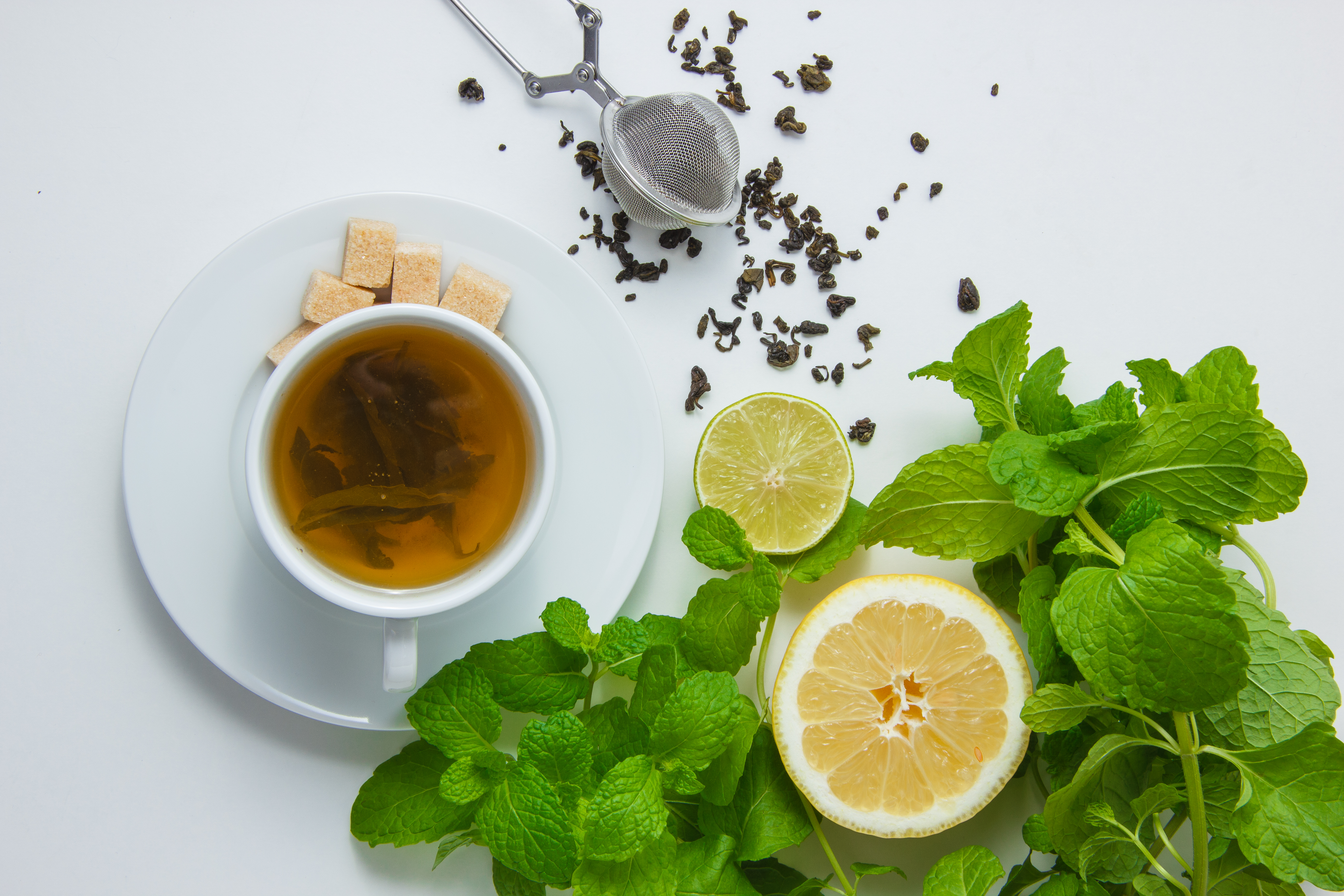
When you are sick, hydration is key for body to work properly. Fever, sweating, and loss of appetite are common symptoms of flue. As a result, you can easily become dehydrated. Water is although, the best option for ensure you stay hydrated. However, sometimes, you may not feel drinking wanter. Make it flavourful and a natural detox for your body. Some of the options are..
- Ginger tea
- Herbal tea with honey
- Honey and lemon tea
- Fresh juices or fruits
Foods to eat when having seasonal flu
Eating right food can help you recover faster by giving your body enough energy and nutrients. Eating right is also important even after you recover.
Broth:
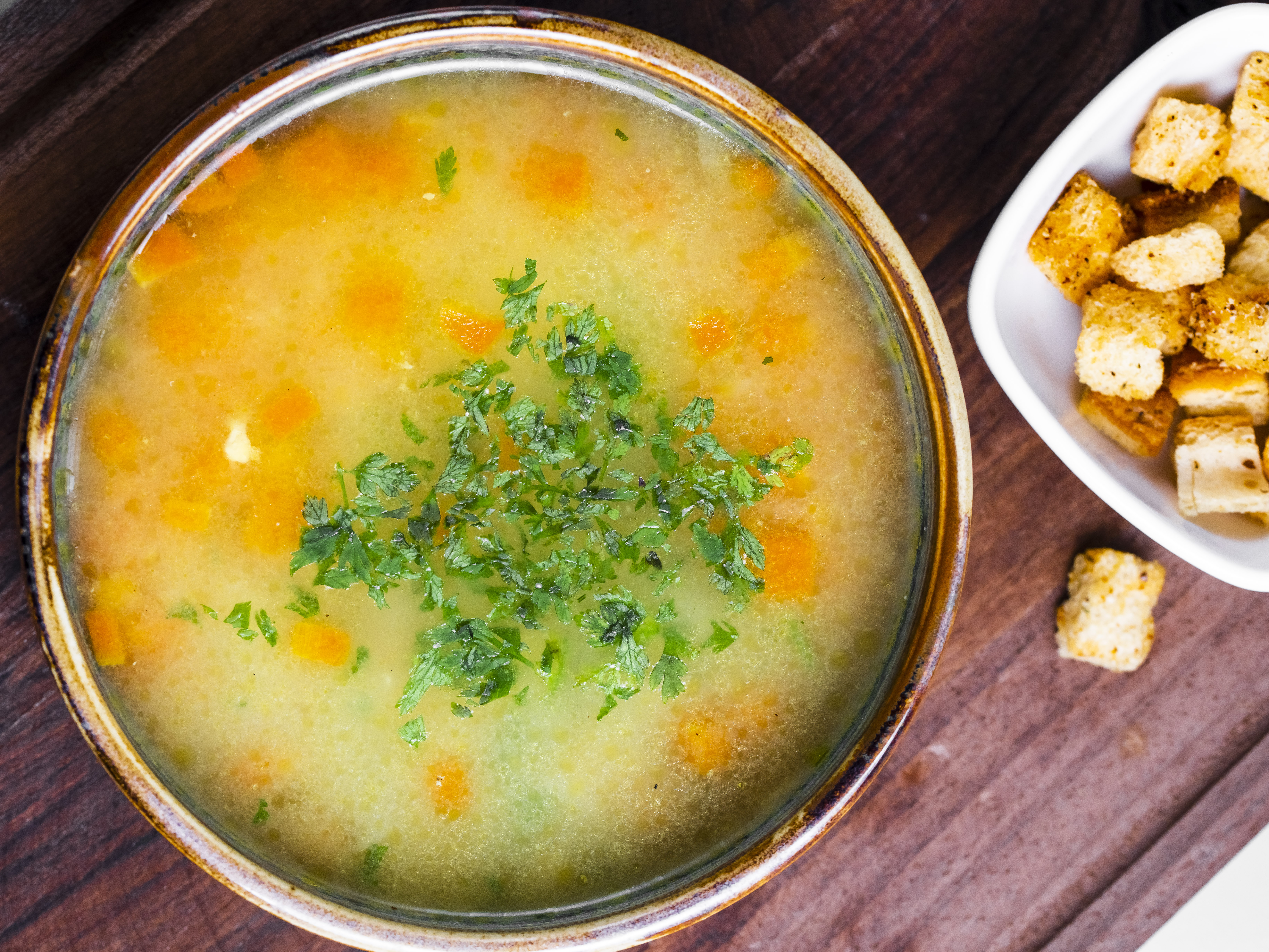
If you are a non-vegetarian, chicken broth is a best option. For vegetarians, any soup or vegetable broth is soothing and nutritious for the body. Consume it at least once in a day utill you fully recover. Broth has nutritional value of all the vegetables and helps prevent dehydration. The warmth of the broth also helps sooth a sore throat.
Chicken soup:
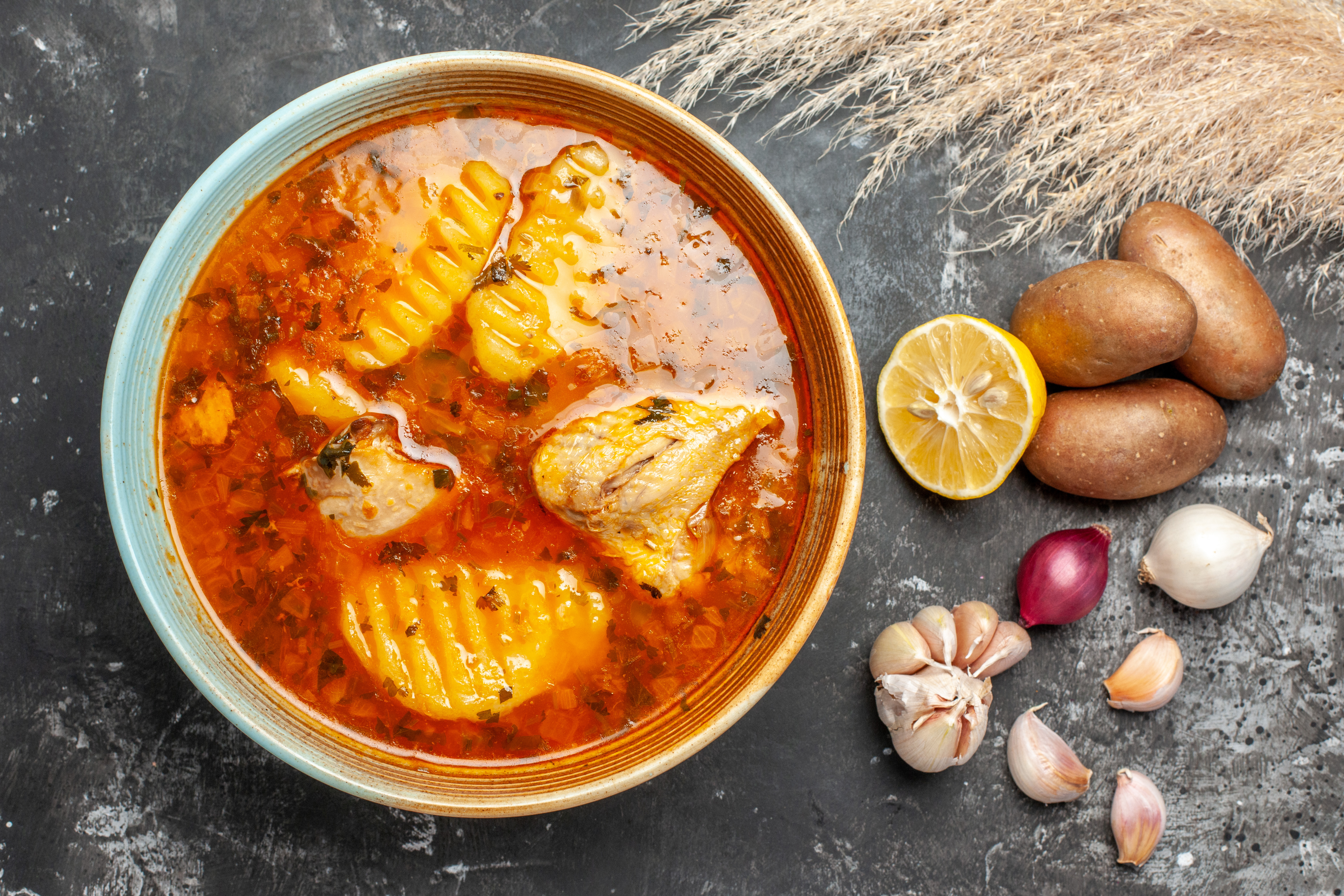
This may not be an option for vegetarians but chicken soup is traditionally revered as a go-to food when you are sick. Though, there are no scientific evidences to back the claim, the warm properties in the soup, help sooth your stomach and improve nutrition.
Garlic:
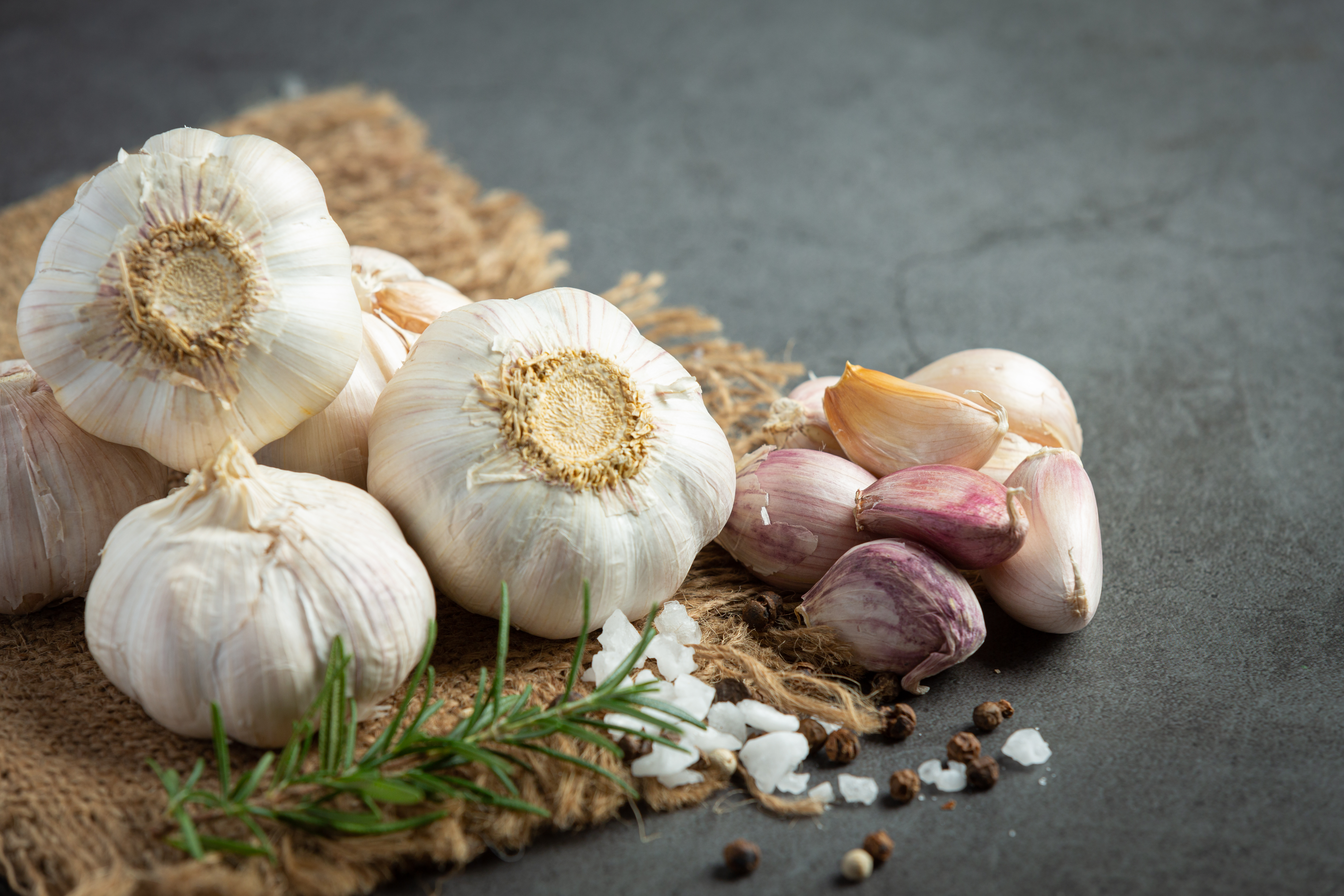
Along with flavour in the food, it is also a remedy for several ailments. A scientific review in 2020 concluded that garlic has antiviral properties and may help prevent the spread of viral infection and improve immune system. You can add garlic in food or can also consume it raw.
Vitamin D foods:
Vitamin D is good for bone health as well as immune system. It is a known fact that flue or other seasonal viral infections affect the immune system. Some researches suggest that vitamin D supplements may help prevent infections associated with flu.
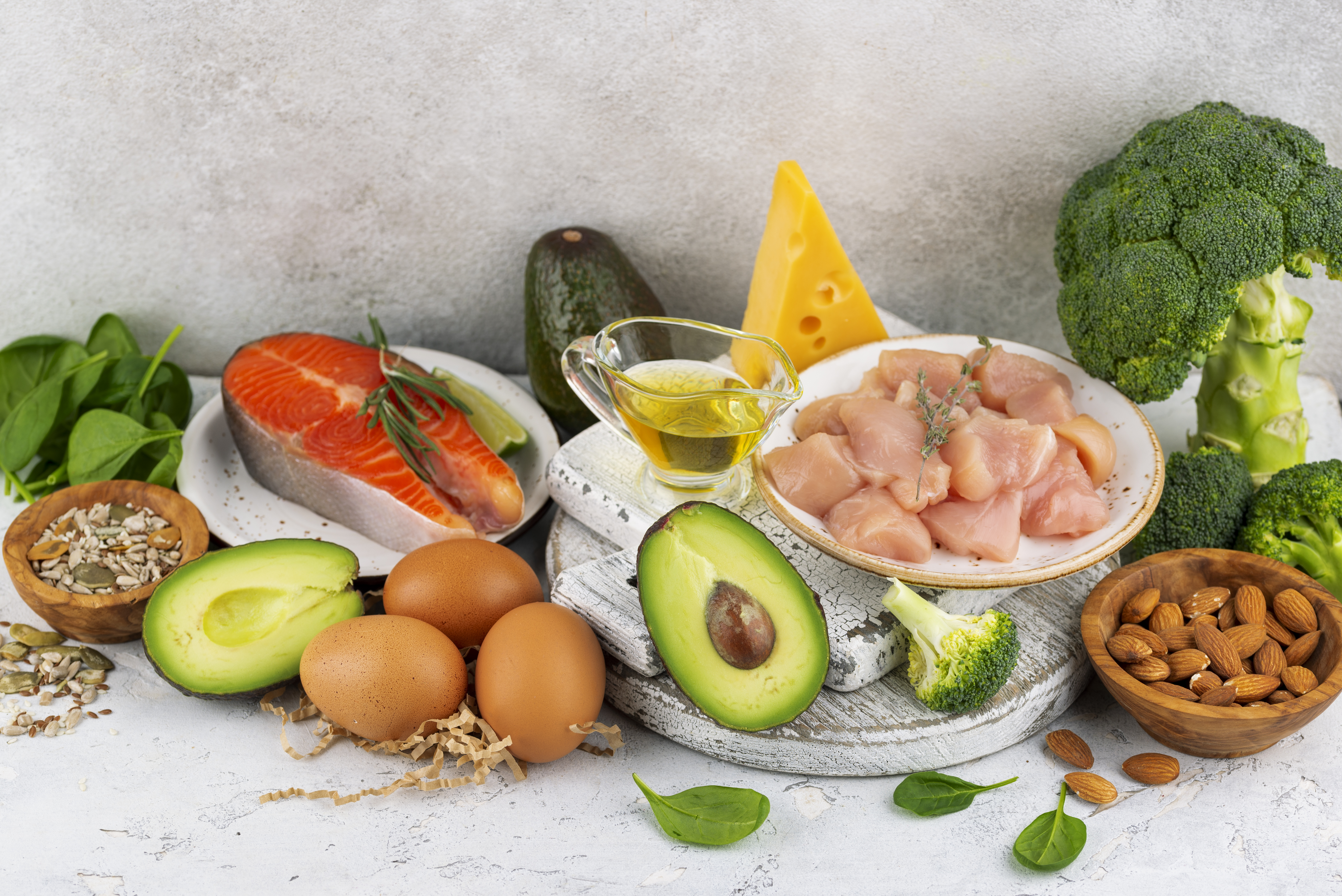
Foods that contain vitamin D
- Trout and Salmon fish
- Cod Liver Oily
- Dailry Milk
- Oats, Almond, and Soy Milk
Yogurt:
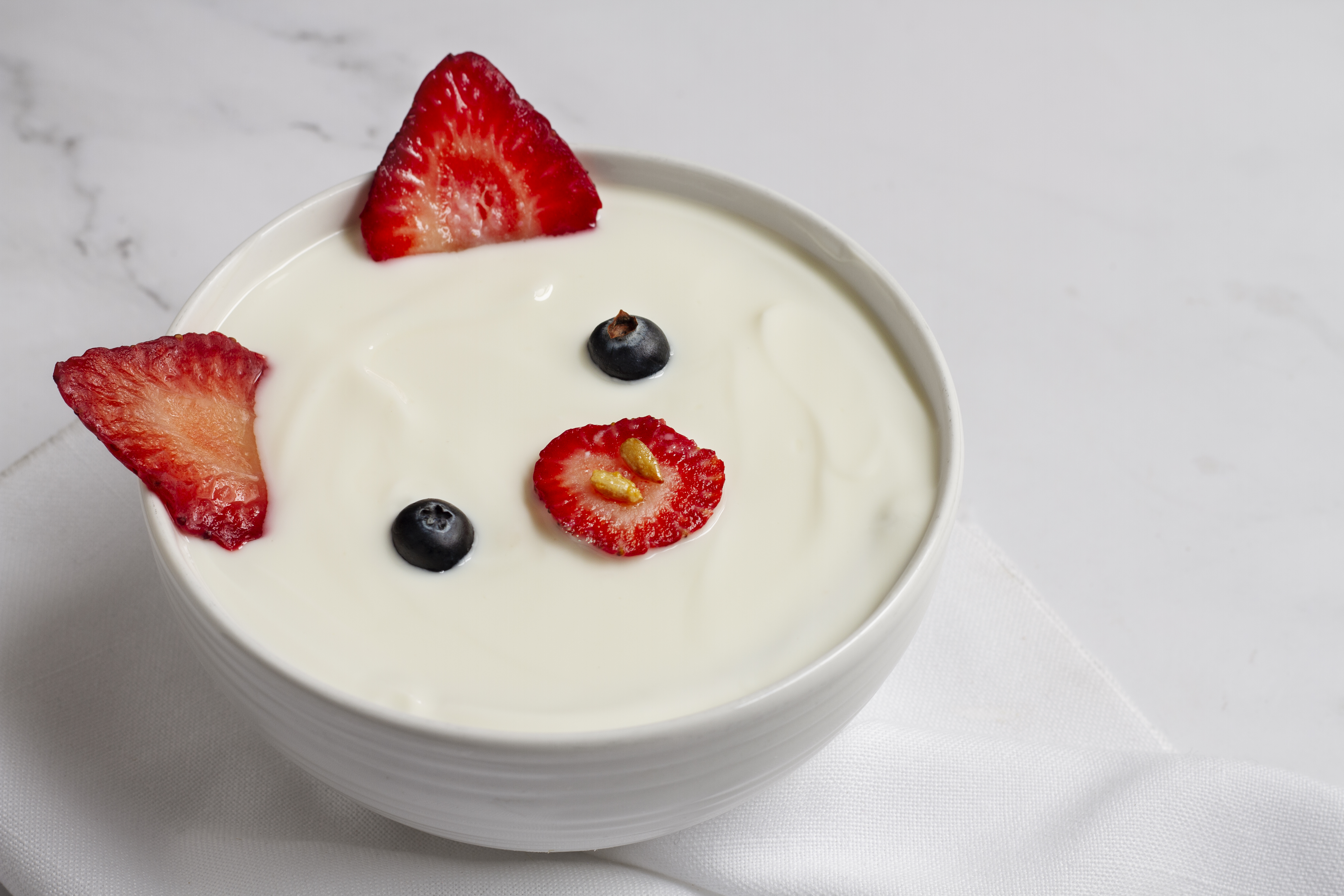
Yogurt is known to be a good source of probiotics which can support immune system. Probiotics may reduce the severity of the flue in some people. Try consuming home made curd or if buying from outside, look for no added sugar curd.
Vitamin C fruits and vegetables:
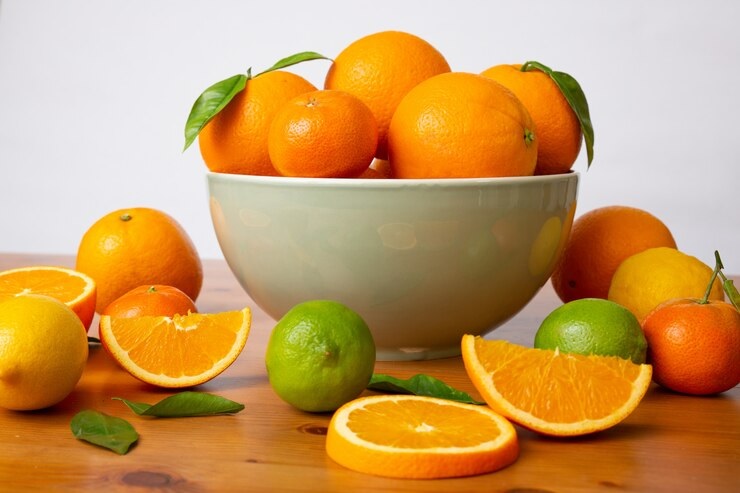
Vitamin C boosts immune system which is important when you are sick. Some of the high vitamin C foods are:
- Oranges
- Grape fruit juice
- Lemon Juice
- Kiwi
- Broccoli
Leafy greens:
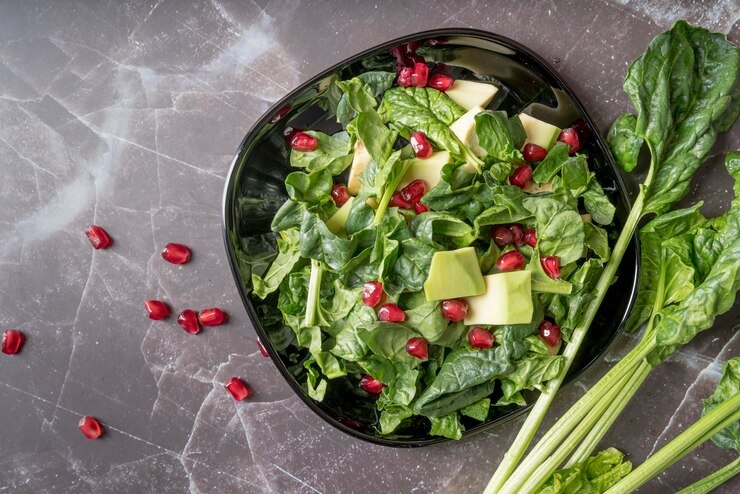
Most leafy vegetables have immune-boosting properties. spinach, kale, and other leafy greens can also help boost your immune system when you are sick. Green leafy vegetable are high in vitamins A, C, E, and K. You can add leafy greens to smoothies, soups or eat as salad with a drizzle of lemon, olive oil, salt and black paper.
Broccoli:
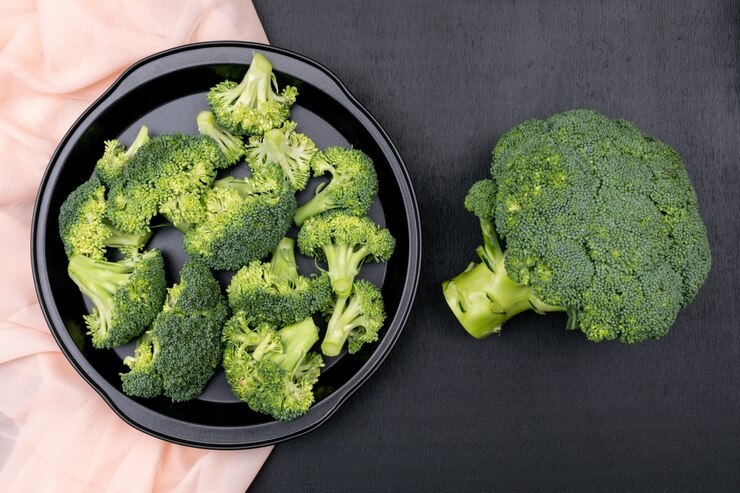
High with immune-boosting vitamins C and E, broccoli is also high with calcium and fiber. You can add broccoli in a soup or sauté it with some black paper and salt.
Spices:
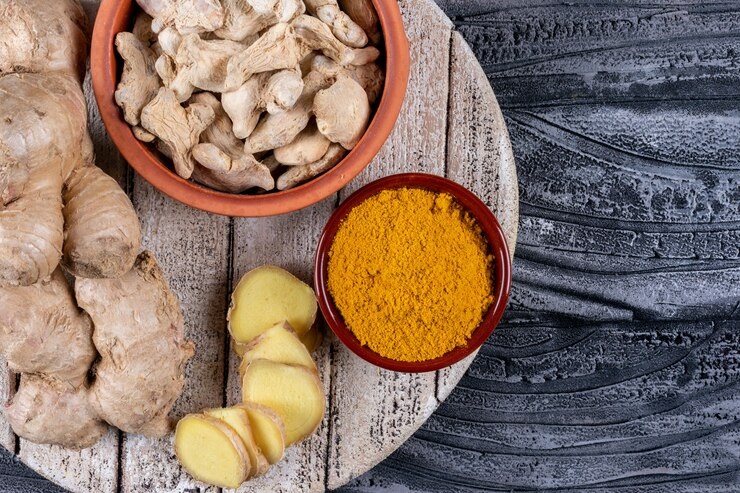
Indian traditional spices have a strong power to treat numerous ailments. Spices such as ginger and turmeric may help you ease symptoms. Both have anti-inflammatory properties best to help with congestion. You can add them in hot water with lemon or in vegetable or chicken soup or broth.
Foods to avoid
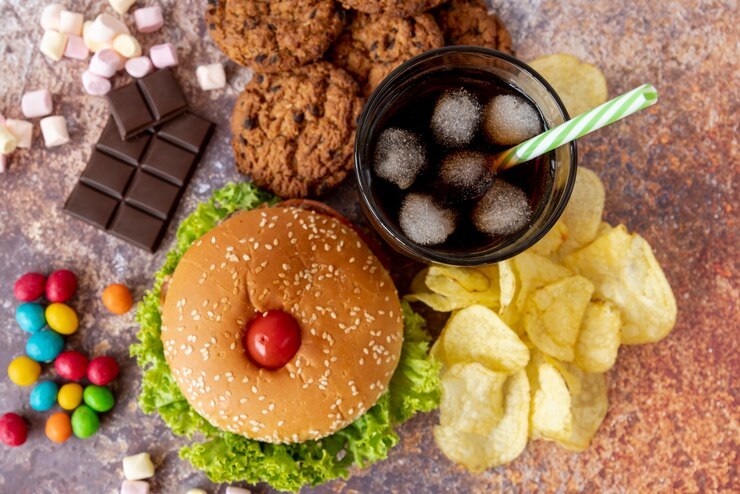
These foods can worsen your symptoms of flu and can also increase other issues.
- Alcohol: It causes dehydration and lowers immune system.
- Fatty foods: Fast food, burgers, pizza are a big no as they are hard to digest.
- Sugar: Little sugar is fine but candy, sweetened beverages and some fruit juices can cause diarrhea.
- Dairy products: Milk is good when added a pinch of turmeric, However, lactose available in dairy products can cause gastroenteritis issues when you are not able to digest lactose.
- Processed foods: Ready to eat meals which don't have enough nutrients as they are highly processed.
Read More:
